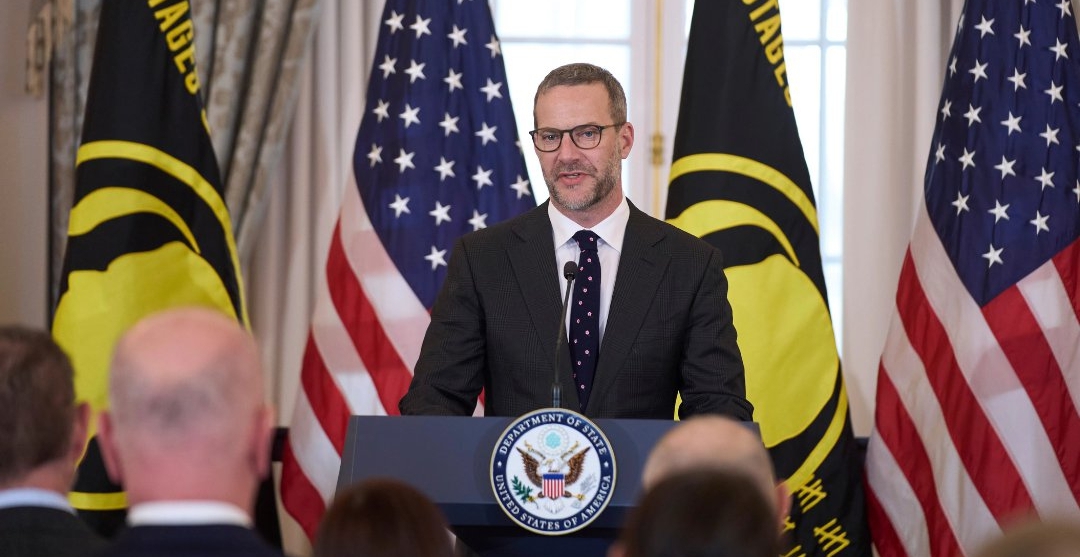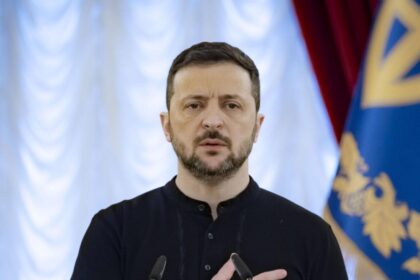
By Danladi Umar
In a significant turning point in U.S. foreign policy, Adam Boehler, a special envoy from President Donald Trump’s administration, declared that recent direct meetings with Hamas representatives regarding the release of captives in Gaza were exceptionally “helpful.” This revelation sheds light on an unexpected approach to resolving one of the most complex conflicts in the region.
The discussions, aimed primarily at securing the freedom of individuals taken hostage during escalating violence, mark a pivotal shift in U.S. strategy. Historically, the U.S. has maintained a stark distance from Hamas, labeling the group as a terrorist organization. However, these recent interactions suggest a new openness that could reshape the dynamics of U.S. involvement in Israeli-Palestinian relations.
Boehler hinted at the possibility of further encounters with Hamas, indicating that the door to dialogue may not only be ajar but could potentially swing wide open. “We found the discussions to be productive and illuminating,” Boehler stated. “The need for dialogue is crucial if we are to see progress on the ground.”
These meetings come amidst heightened tensions in Gaza, where humanitarian concerns mount daily. With the international community increasingly calling for a resolution to the hostage crisis and broader peace efforts, the U.S.’s willingness to engage directly with Hamas could provide a roadmap for future negotiations.
Analysts suggest that while the direct engagement with Hamas may be controversial, it reflects a realistic acknowledgment of the group’s influence in the region. “Without engaging all parties involved, any peace efforts will be severely limited,” noted Middle East expert Dr. Ali Farouk.
As the global landscape continues to shift, U.S. officials emphasize the importance of communication and cooperation in addressing the multifaceted issues that plague Gaza. The path ahead remains fraught with challenges, but this new strategy could signal a transformative phase in the ongoing quest for peace and stability in the Middle East.



